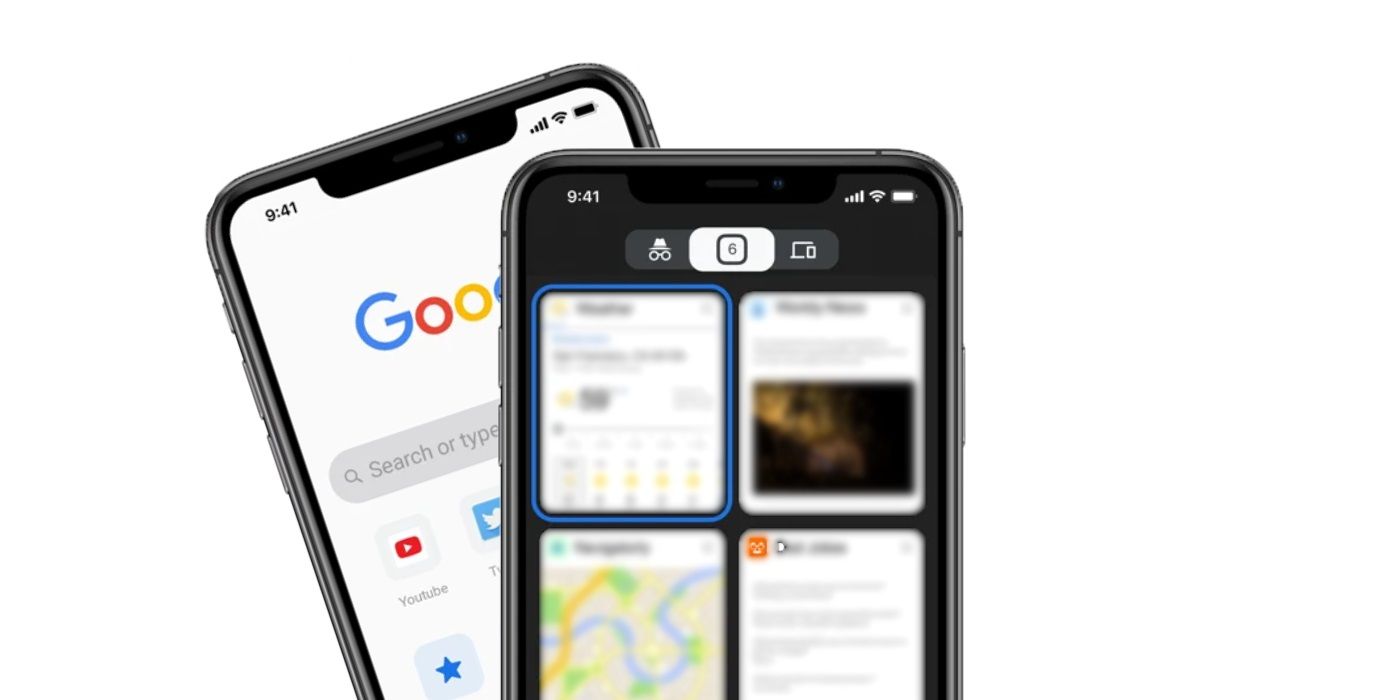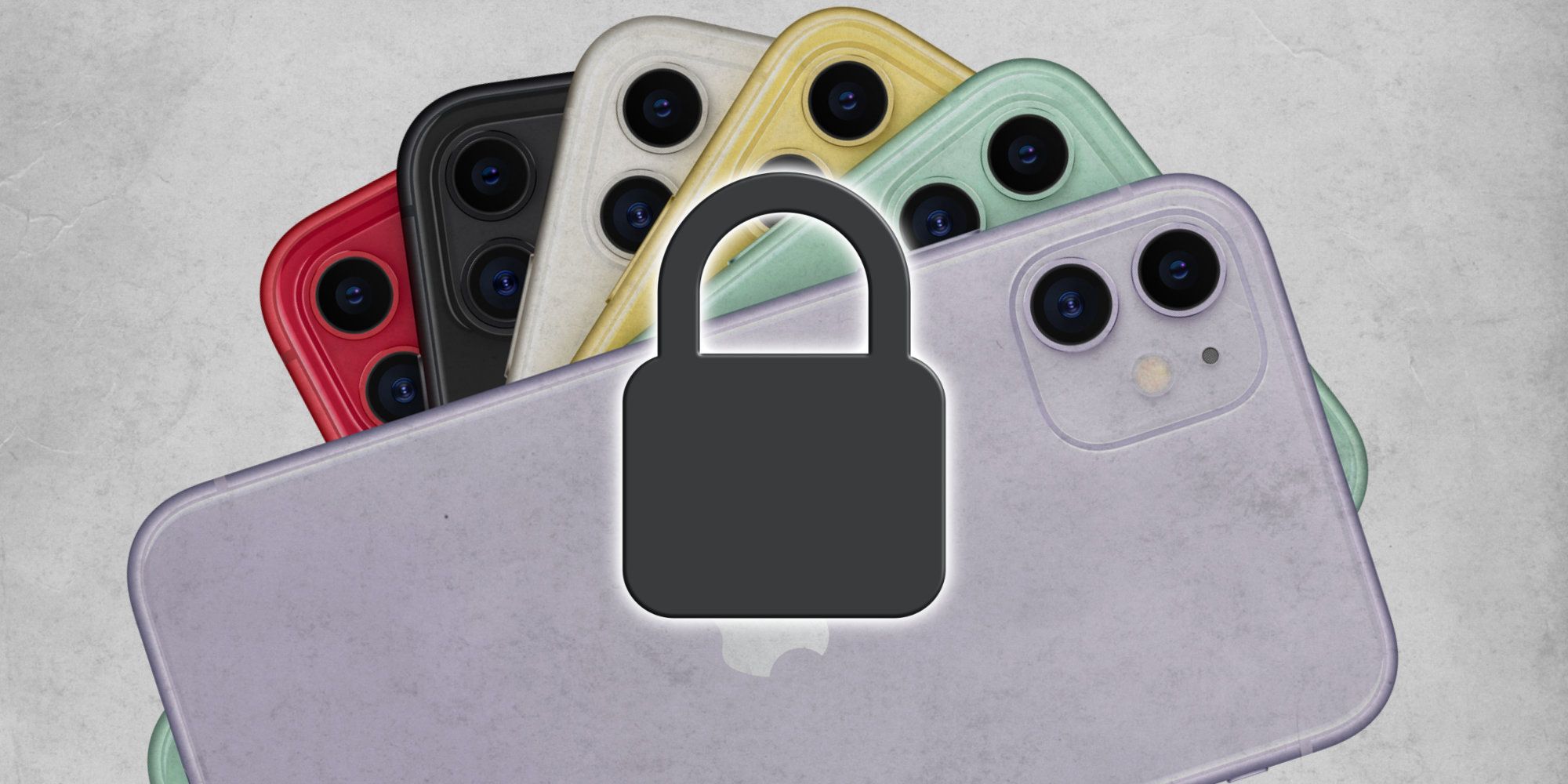Google is working on a new privacy feature for the iOS version of Chrome that will make it easier for iPhone and iPad users to protect incognito tabs. Privacy has become a heightened issue for users, and this is especially true for those of the iPhone persuasion. In recent times, Apple has introduced multiple measures to ensure iOS users are more informed about their privacy and what data is collected.
Apple appears to have gone all-in on privacy recently. In particular, its latest Apple Privacy Labels feature has attracted plenty of attention, and largely thanks to how unhappy Facebook has been with it. Still, the company's emphasis on user privacy and security is also now starting to have an effect on how developers and companies approach their apps, and Google is clearly one of them.
In the latest beta version of Chrome for iOS, Google is testing a new locked incognito tab feature. As 9to5 Google explains, users can lock any open incognito tab and make sure it can only be unlocked again if the user authenticates either through Touch or Face ID. For anyone attempting to view any of these locked tabs through Chrome’s tab switcher, they will be presented with a blurred version, keeping the information safe from prying eyes. However, the feature is reportedly not currently available to all beta users, and it will need to be manually enabled through the new “Lock Incognito tabs when you close Chrome” option that will be visible under the Privacy section of the Settings.
Google’s Confusing iOS Privacy Messages
Undoubtedly, this feature would seem to indicate that Google is taking iPhone user privacy as seriously as Apple is. However, this comes at a time when many of its own apps haven’t been updated in months. Specifically, they have not been updated since Apple put in place the requirement for app developers to disclose all of the information they do (or can collect) - the very thing that Facebook has so outspokenly complained about. All of which points to very mixed messages from Google on privacy. Although, it could be the case that this is an indication that Google is taking the issue seriously and is simply readying its apps to be as privacy-friendly as possible before updating them in the App Store with the new labels.
Either way, with the new feature only currently accessible through the beta version of Chrome, and to select users, general iPhone and iPad users will have to wait until it becomes available through the stable Chrome channel. When it does reach Google's everyday version of Chrome, it should prove to be a nice addition to iOS, and one that make it easy for iPhone and iPad users to add an additional level of privacy and security to their incognito experience.
Source: 9to5 Google


